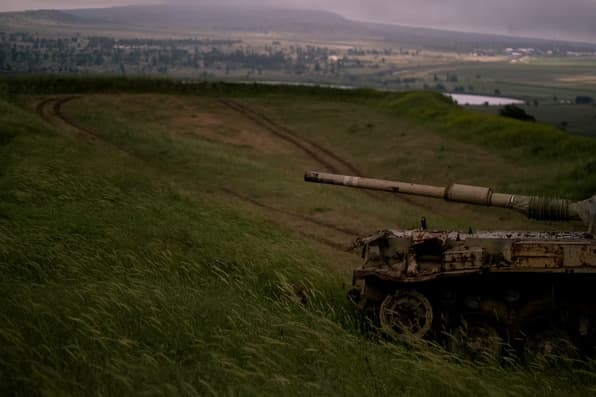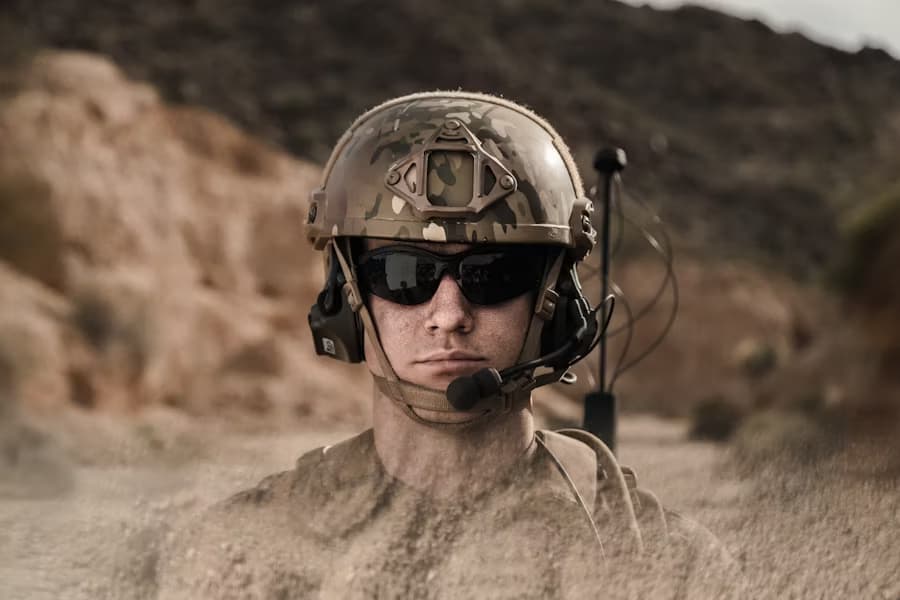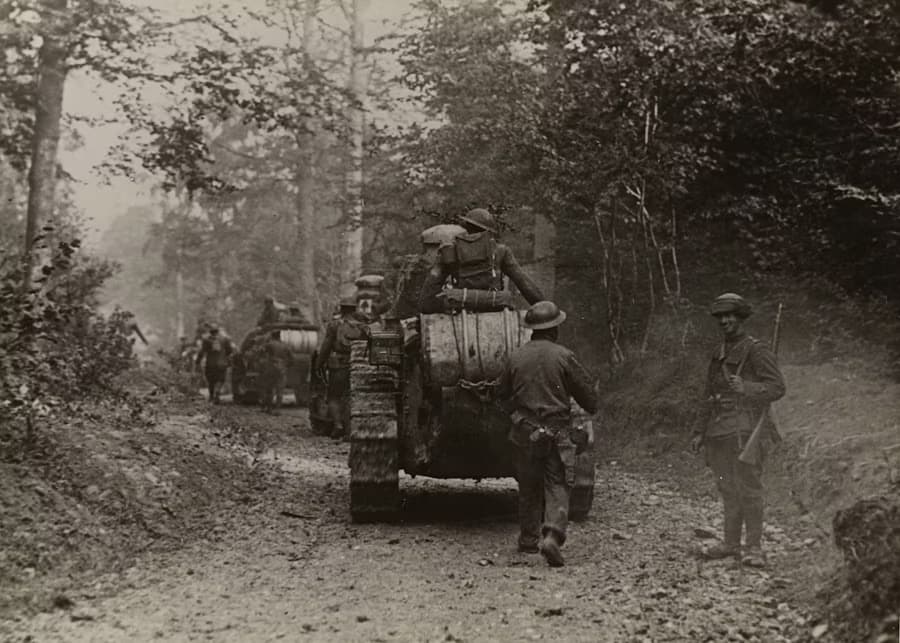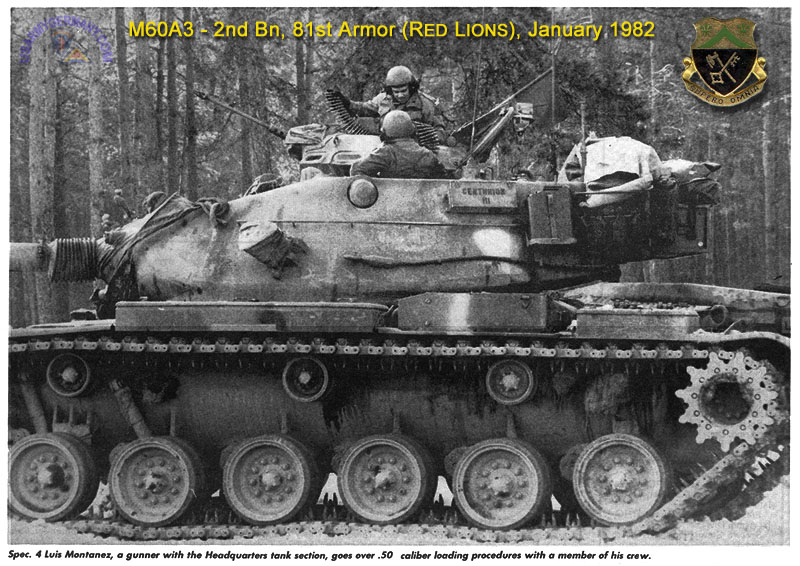The 761st Tank Battalion, dubbed the Black Panthers, stands as a testament to courage in the face of dual battles—against Nazi forces in World War II and systemic racism within their own country. As the first African American armored unit to see combat, their extraordinary valor from 1944 to 1945 not only contributed to Allied victories but also challenged the U.S. Army’s segregated policies, paving the way for integration. This exploration of their journey, from prejudice to battlefield triumphs, reveals how their legacy reshaped military history and American society.
A Battle Beyond the Battlefield
Formed in an era when African-American soldiers were often relegated to menial labor, the 761st Tank Battalion surpassed all expectations with its determination and skill. Formed April 1, 1942, at Camp Claiborne, Louisiana, the battalion faced hostility from both civilians and their own military, but their combat prowess forced them to reckon with racial prejudice. Their story, forever etched in stone, anyone who wants to experience the power and grandeur of tank play, as well as other games of chance, can visit casinos internacionales to experience for themselves the battalion’s struggle for respect, which paid off through relentless courage, like a high-stakes bet won against all odds.
Overcoming Segregation’s Barriers
The 761st trained for two years under harsh conditions, enduring racial slurs, segregated facilities, and skepticism about their combat readiness. Led by Lt. Col. Paul L. Bates, the battalion’s “superior” rating from General Ben Lear proved their excellence, despite delays in deployment due to Army biases. Their preparation at Camp Hood, Texas, included figures like Jackie Robinson, who faced court-martial for refusing to move to the back of a bus, highlighting the era’s deep-seated discrimination.
- Segregated Training: Faced separate barracks and local hostility.
- Leadership: Bates’ rigorous standards built a disciplined unit.
- Notable Figures: Robinson’s defiance foreshadowed civil rights activism.
Deployment Under Scrutiny
On October 10, 1944, the 761st landed at Omaha Beach, Normandy, joining General Patton’s Third Army at his insistence. Patton, initially skeptical of Black soldiers, demanded they prove themselves, declaring, “I don’t care what color you are, so long as you go up there and kill.” Their 183 days of continuous combat across France, Belgium, and Germany would silence doubters and alter perceptions.
| Event | Date | Significance |
| Activation | April 1, 1942 | Formed as first Black tank unit |
| Normandy Landing | October 10, 1944 | Entered combat with Third Army |
| Patton’s Speech | October 28, 1944 | Challenged unit to prove valor |
Proving Valor in Combat
From their first engagement at Morville-les-Vic, France, on November 7, 1944, to their final push into Austria, the 761st fought in six countries, liberating 30 towns and earning 391 decorations. Facing superior German tanks like the Panther and Jagdtiger, they inflicted over 130,000 enemy casualties while suffering 50% losses themselves. Their combat record challenged the myth that African American soldiers lacked the skill for armored warfare.
Spearheading Key Campaigns
The 761st played a critical role in breaching the Siegfried Line in March 1945, leading Task Force Rhine to open a path for the 4th Armored Division into Germany. During the Battle of the Bulge, their defense of Bastogne’s supply lines against Panzer divisions was pivotal, earning praise from commanders. These actions showcased their tactical skill and resilience under pressure.
- Siegfried Line: Broke through Nazi fortifications, enabling Allied advance.
- Battle of the Bulge: Defended key positions in brutal winter conditions.
- Casualties: Lost 71 tanks, reflecting intense combat.
Individual Heroes, Collective Impact
Soldiers like Staff Sgt. Ruben Rivers, who died leading a charge at Guebling, France, and Sgt. Warren Crecy, who earned a Silver Star for neutralizing enemy positions, exemplified the battalion’s courage. Rivers’ posthumous Medal of Honor in 1997 and Crecy’s battlefield commission highlighted individual valor that bolstered the unit’s reputation. Their actions inspired confidence in African American troops across the Army.
| Hero | Action | Recognition |
| Ruben Rivers | Led charge despite wounds | Medal of Honor (1997) |
| Warren Crecy | Neutralized gun nests | Silver Star, battlefield commission |
| Ernest Jenkins | Led Chateaudun liberation | Silver Star, pinned by Patton |
Catalyzing Military Integration
The 761st’s battlefield success directly challenged the Army’s segregated policies, proving African American soldiers could excel in complex combat roles. Their performance influenced President Truman’s 1948 Executive Order 9981, which mandated military desegregation. The battalion’s legacy extended beyond the war, shaping a more inclusive armed forces.
Challenging Racial Stereotypes
The 761st’s 11 Silver Stars, 69 Bronze Stars, and nearly 300 Purple Hearts disproved claims of Black inferiority in combat. Their ability to operate tanks, coordinate with infantry, and endure 183 days of continuous fighting forced commanders to rethink racial policies. By May 1945, when they linked with Soviet forces in Austria, their reputation was undeniable.
- Combat Record: 183 days, 30 towns liberated, 130,000+ enemy casualties.
- Decorations: 391 awards, including a 1978 Presidential Unit Citation.
- Influence: Demonstrated Black soldiers’ skill in technical roles.
Path to Desegregation
The 761st’s success, coupled with advocacy from figures like Trezzvant Anderson, who chronicled their exploits, pressured the Army to reconsider segregation. By 1948, the Pentagon could no longer justify excluding Black soldiers from integrated units, leading to Truman’s order. The battalion’s story became a rallying point for civil rights, showing valor could dismantle prejudice.
| Milestone | Year | Impact |
| Combat Success | 1944–1945 | Proved Black soldiers’ capability |
| Presidential Citation | 1978 | Recognized unit’s gallantry |
| Executive Order 9981 | 1948 | Ended military segregation |

A Legacy of Inspiration
The 761st’s impact transcended the battlefield, influencing civil rights and military policy while inspiring future generations. Their story, initially overlooked, gained recognition through books, films, and belated honors, ensuring their contributions endure. From soldiers like Jackie Robinson, who later broke baseball’s color barrier, to modern tributes, the Black Panthers’ legacy remains a beacon of courage.
Delayed Recognition
The battalion faced a cold homecoming in 1946, with no parades or fanfare due to racism. Decades of advocacy led to a 1978 Presidential Unit Citation and seven Medals of Honor in 1997, including Rivers’. These honors acknowledged the 761st’s role in reshaping the Army and society.
- 1978 Citation: Recognized 183 days of “extraordinary gallantry.”
- 1997 Medals: Corrected historical oversight for Black WWII veterans.
- Advocacy: Driven by veterans, historians, and Anderson’s reporting.
Cultural Resonance
The 761st’s story has inspired works like The Liberators by Charles Wilson and documentaries like 761st (2007). Their influence reached popular culture, with references in The Cosby Show and recognition by figures like Kareem Abdul-Jabbar. Their fight for respect continues to motivate efforts for equality in and beyond the military.
| Medium | Example | Significance |
| Book | The Liberators (Wilson) | Detailed battalion’s combat story |
| Documentary | 761st (2007) | Shared veterans’ firsthand accounts |
| TV Reference | The Cosby Show episode | Brought 761st to mainstream audiences |
The 761st Tank Battalion transformed the U.S. Army by proving that valor knows no color, breaking down barriers through their battlefield triumphs. Their legacy—marked by 50% casualty rates, 71 lost tanks, and countless acts of heroism—sparked military integration and inspired broader civil rights progress. The Black Panthers’ story remains a powerful reminder that courage and sacrifice can change history, one battle at a time.



